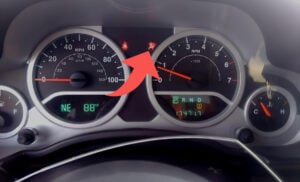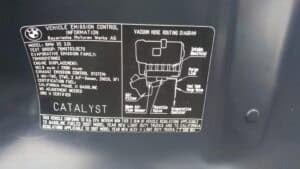Troubleshooting Chrysler Dodge Jeep TIPM Problems: Symptoms, Diagnosis, & Solutions
The Totally Integrated Power Module, or TIPM fuse box, is a component found in many Chrysler, Dodge, and Jeep vehicles that manages the vehicle’s electrical functions. While the TIPM plays an important role in ensuring that various systems, such as the ignition, lights, cluster, fuel pump, and power windows, work properly, it can also fail and be a source of frustration for vehicle owners.

TIPM issues have been reported in several Chrysler vehicles, and these issues can cause a variety of electrical problems that can be difficult to diagnose and repair even by an experienced mechanic. In this article, we will explore common problems associated with the Chrysler, Dodge, and Jeep Integrated Power Module TIPM, discuss symptoms of TIPM failure, and provide tips for troubleshooting TIPM issues.
What is a Chrysler or Dodge TIPM?

A Totally Integrated Power Module is an electrical component that is found in many Chrysler, Dodge, and Jeep vehicles. The TIPM is essentially a fuse, circuit board, and relays that manage the electrical functions of the vehicle.
TIPM is responsible for distributing power to various systems, such as the ignition system, fuel pump, power windows, and other essential features that require electrical power. The TIPM acts as a central nervous system for the vehicle’s electrical functions, controlling and distributing power to various systems based on the driver’s input and the vehicle’s needs. It is very common for the TIPM module to get water damage and fail, causing a number of electrical issues and, in some cases, even engine no-start issues.
Symptoms
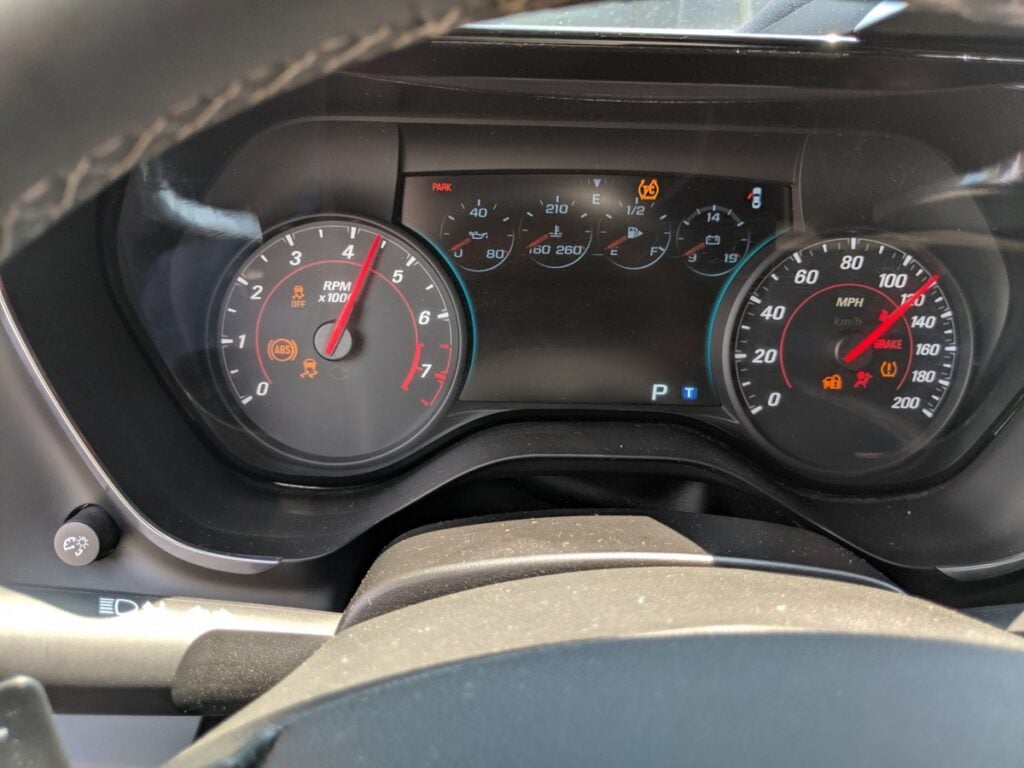
Common symptoms of TIPM module failure on Dodge, Jeep, and Chrysler vehicles include:
- The fuel pump is not turning on / running continuously, even after the car is shut off, draining the battery
- Cranking but no start / hard to start, or the vehicle suddenly stalling
- The engine won’t crank at all
- The A/C compressor is not turning on
- The low or high radiator fan is not working or is stuck.
- Wipers not working or are staying stuck on
- The washer fluid pump not working or staying stuck on
- Door locks are not working at all
- The horn is not working at all / staying stuck on
- Dome lights not working or are stuck on
- Backup lights not working or stuck on
- One or more doors will lock or unlock, but others won’t
- Headlights not working/flickering
- Low beams – headlight one working, one is not
- Turn signals, running lights, or brake lights not working
- The vehicle is stuck in limp mode (stuck in 1st or 2nd gear)
- The vehicle stalls while you are driving.
- The starter turns over, but the engine won’t start.
- The battery dies when replaced with a new one.
- The car acts like it is out of gas even when it has a full tank.
- The horn goes off randomly.
- The power windows stop working.
- The doors lock and unlock by themselves.
- The airbags deploy randomly or not at all.
- The fuel pump won’t turn off and burn out.
- The transmission is in fail-safe, limp mode.
- The airbag or SRS light stays on with no service codes.
- The engine is stalling while driving.
- Doors locking or unlocking themselves
- Intermittent blower motor
- Coolant fans inoperative
- Reverse lights intermittent or not functioning
- ABS light stays or traction control problems
- A/C Compressor does not activate
- The radio shuts off while driving
- The customer hears a buzzing sound.
How do you know if a TIPM is bad?

The Totally Integrated Power Module (TIPM) is responsible for distributing power to various electrical components in a vehicle. A faulty TIPM can cause a range of issues, such as the failure of headlights, turn signals, and other electrical systems. The most common signs of a bad TIPM include intermittent or complete failure of electrical systems, issues with starting the vehicle and warning lights illuminating the dashboard. A diagnostic scan may also reveal fault codes related to the TIPM. It is important to have a qualified mechanic inspect and diagnose any issues with the TIPM, as attempting to repair or replace it without proper knowledge can be dangerous and cause further damage to the vehicle. Here are a few issues to look out for:
- Electrical problems: A bad TIPM can cause a variety of electrical problems, such as the power windows not working, the headlights flickering, or the interior lights not turning on.
- Starting issues: If you have trouble starting your vehicle, it could be due to a bad TIPM. You may hear a clicking noise when you turn the key, or the engine may not turn over at all.
- Stalling: A bad TIPM can also cause your vehicle to stall while driving, which can be dangerous.
- Fuel pump problems: The TIPM is responsible for controlling the fuel pump, so a bad TIPM can cause the fuel pump to stop working, preventing your vehicle from starting.
- Warning lights: If you see warning lights on your dashboard, such as the check engine light or the ABS light, it could be a sign of a bad TIPM.
Troubleshooting
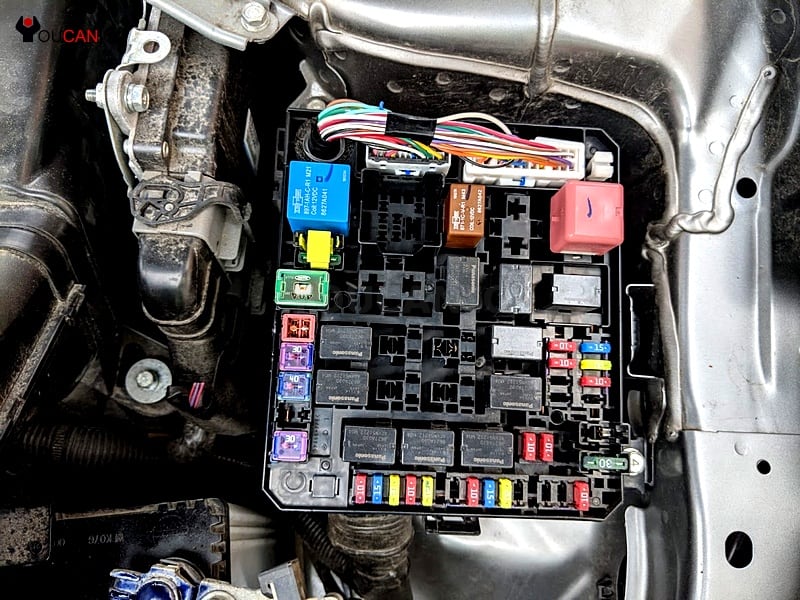
To troubleshoot a potential TIPM issue, first visually inspect the fuse box for water damage or remove a fuse and check for corrosion. Next, a full system scanner such as the YOUCANIC scanner can be used to perform a comprehensive diagnostic scan of the vehicle.
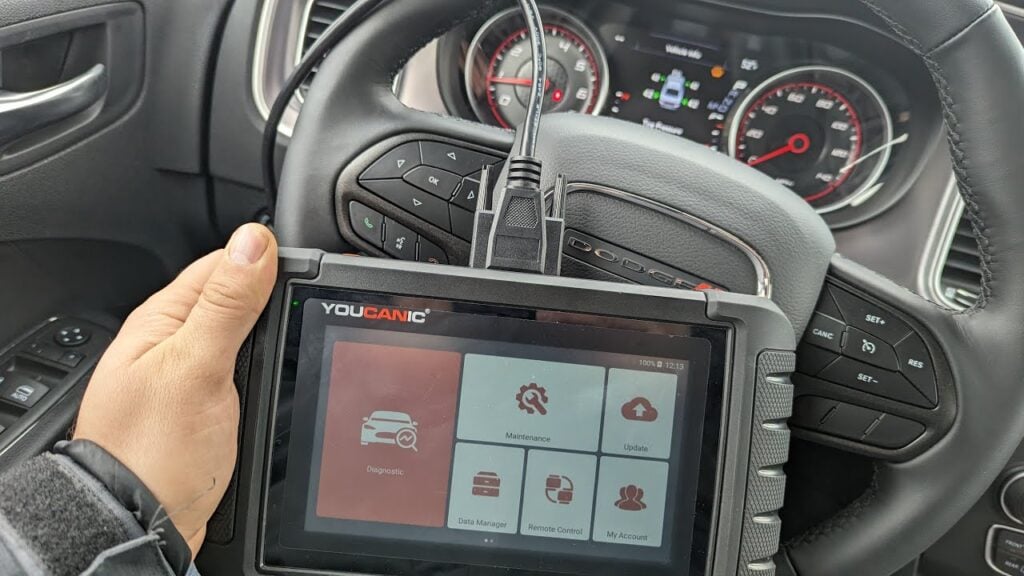
This scan can reveal any fault codes related to the TIPM, as well as other electrical systems in the vehicle. If multiple fault codes related to the TIPM are present, this may indicate a problem with the TIPM itself. However, it is important to note that other factors, such as wiring issues or a faulty battery, can also cause similar symptoms. A qualified mechanic should interpret the results of the diagnostic scan and perform further testing to accurately diagnose the issue and determine if the TIPM needs to be repaired or replaced.
Transmission Problems
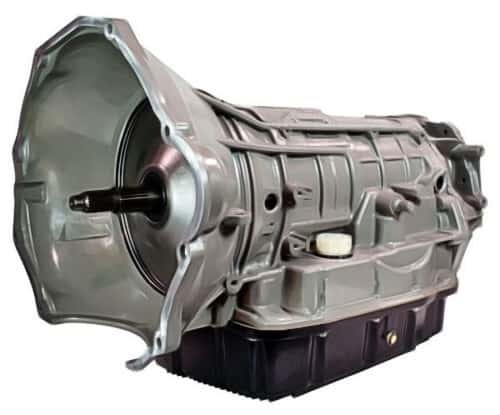
Early model Dodge and Chrysler vehicles are equipped with transmission power control systems that function similarly regardless of whether they use a relay or solid-state IC technology. These systems rely on a control signal from Transmission Control, which is generated by the PCM/TCM. This control signal is a low current power that is sent to the TIPM to activate the transmission when the vehicle is started or when the ignition is switched from off to RUN.
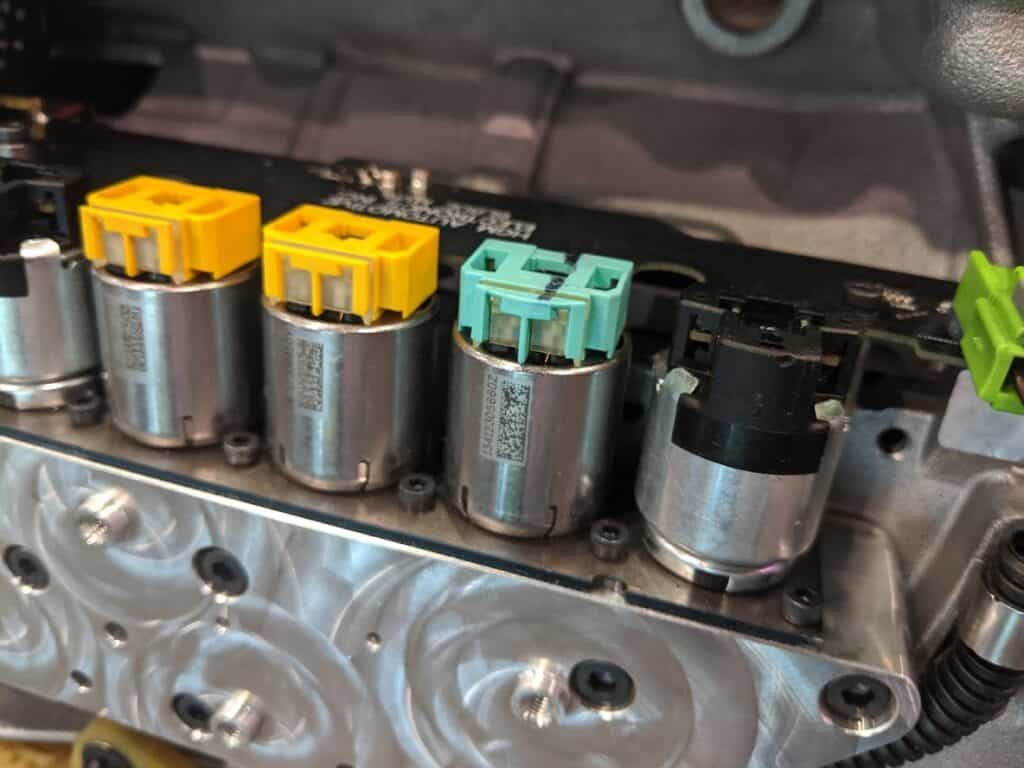
Once the TIPM or relay receives the signal, it powers up the transmission through the Transmission Control Output circuit. Within a few seconds of powering up, the PCM/TCM analyzes the Transmission Control Output circuit for any faults. If any issues are detected, such as a short circuit or open circuit, the PCM/TCM will immediately cut off the power to the transmission. This safety feature prevents damage to the transmission or other electrical components.

It’s worth noting that the Transmission Control Output circuit is also used to control the transmission’s shifting patterns. The PCM/TCM monitors various inputs, such as engine speed, throttle position, and vehicle speed, to determine the optimal shift points for the transmission. By controlling the Transmission Control Output circuit, the PCM/TCM can adjust the transmission’s shifting patterns to provide smooth acceleration and optimal fuel efficiency. A faulty TIPM can lead to transmission not shifting at all, not shifting gear, or getting stuck in gear. Read the codes with a full system scanner to find out what is causing the transmission to not shift.
Repair Cost
The cost of replacing a TIPM module at a dealership or mechanic can vary depending on the make and model of the vehicle, as well as the location and labor rates. Generally, the cost can range from $500 hundred dollars to over a thousand dollars.
However, it is possible to replace the TIPM module yourself for under $200, which can save a significant amount of money. Swapping the TIPM module can solve the problem in older vehicles, but in newer Dodge, Jeep, and Chrysler vehicles, the replacement TIPM module may need to be reprogrammed. It is important to note that attempting to replace the TIPM module yourself requires a certain level of technical skill and knowledge and can be dangerous if not done correctly.
Another option is to remove the old TIPM from the vehicle and send it to a company that performs TIPM module repair. Typically, it will cost between $200 and $350 to have a shop repair your damaged TIPM, which does not include the cost of removing and installing the unit in the car.
Recall
There have been several TIPM (Totally Integrated Power Module) recalls issued by different automakers in recent years, including Chrysler, Dodge, and Jeep. These recalls typically affect vehicles manufactured between 2007 and 2014. To find out if your vehicle is affected by a recall, visit the NHTSA website or simply call your local Dodge, Chrysler, or Jeep dealer and give them your phone number. They will let you know if your car is affected. If it is, the dealer will replace the TIPM module free of charge, even if the vehicle is out of warranty.
The most common issue with these TIPM modules is an internal defect that can cause a variety of electrical issues, including the failure of the vehicle’s fuel pump or ignition system. If left unaddressed, these issues can pose a safety risk to drivers and passengers. Affected vehicle owners are typically notified by mail and instructed to bring their vehicles to a dealership for inspection and repair. The repairs can involve replacing the TIPM module or reprogramming it with updated software.
It is important to note that not all TIPM issues are covered by recalls, and some vehicles may experience TIPM-related issues outside of the recall timeframe. If you are experiencing electrical issues with your vehicle, it is recommended to have it inspected by a qualified mechanic to determine the cause and appropriate course of action.
FAQ
Does a Dodge, Chrysler, or Jeep TIPM need to be programmed?
If the donor car that the TIPM is being taken from has the same configuration as the car that the TIPM is being installed in, it may be possible to install the TIPM without programming. This is because the TIPM will already be configured to work with the same features and components as the destination vehicle, making it plug-and-play.
However, it’s important to note that not all TIPMs are interchangeable between different vehicles, even if they have the same configuration. This is because TIPMs are programmed to work with specific VIN numbers and may have security features that prevent them from being swapped between vehicles.
Can you install a used TIPM from a junkyard vehicle?
Although the TIPM initially records the VIN of the vehicle in which it was installed, it can still function properly if transferred to another car. Despite a potential VIN mismatch code visible to dealers, it will not cause a check engine light to illuminate and cannot be detected by a standard code reader. Therefore, a salvage yard part is acceptable as long as it is in good condition. It’s important to keep in mind that the TIPM in these cars has consistently been problematic and underwent numerous revisions.
Applicable Models
Chrysler
Chrysler Town and Country (2008-2016)
Chrysler Pacifica (2007-2008)
Chrysler Sebring (2007-2010)
Chrysler 200 (2011-2014)
Chrysler Aspen (2007-2009)
Chrysler Voyager (2008-2010)
Dodge:
Dodge Avenger (2008-2014)
Dodge Caliber (2007-2012)
Dodge Caravan (2008-2019)
Dodge Challenger (2008-2014)
Dodge Charger (2008-2010)
Dodge Durango (2011-2013)
Dodge Grand Caravan (2008-2019)
Dodge Journey (2009-2017)
Dodge Nitro (2007-2012)
Dodge Ram (2006-2009)
Jeep:
Jeep Commander (2006-2010)
Jeep Compass (2007-2016)
Jeep Grand Cherokee (2005-2013)
Jeep Liberty (2007-2012)
Jeep Patriot (2007-2016)
Jeep Wrangler (2007-2016)
It’s worth noting that not all models in these years are affected, and not all vehicles in these models are guaranteed to have TIPM issues. If you suspect that your vehicle may have a TIPM problem, it’s best to consult with a certified mechanic or check with the manufacturer to see if your specific make and model are affected.
Fault Codes
When a TIPM (Totally Integrated Power Module) is bad in a Chrysler, Dodge, or Jeep vehicle, it may trigger fault codes that can help diagnose the issue. Here are some of the fault codes that may come up when a TIPM is bad:
U0101 – Lost Communication With Transmission Control Module (TCM)
U0141 – Lost Communication With Body Control Module (BCM)
U110E – Lost Communication With Gateway Module
U1403 – Implausible Fuel Level Signal Received
U110C – Lost Fuel Level Signal From Fuel Pump Module
These codes are not specific to TIPM failure and can also indicate other issues with the vehicle’s electrical systems.





